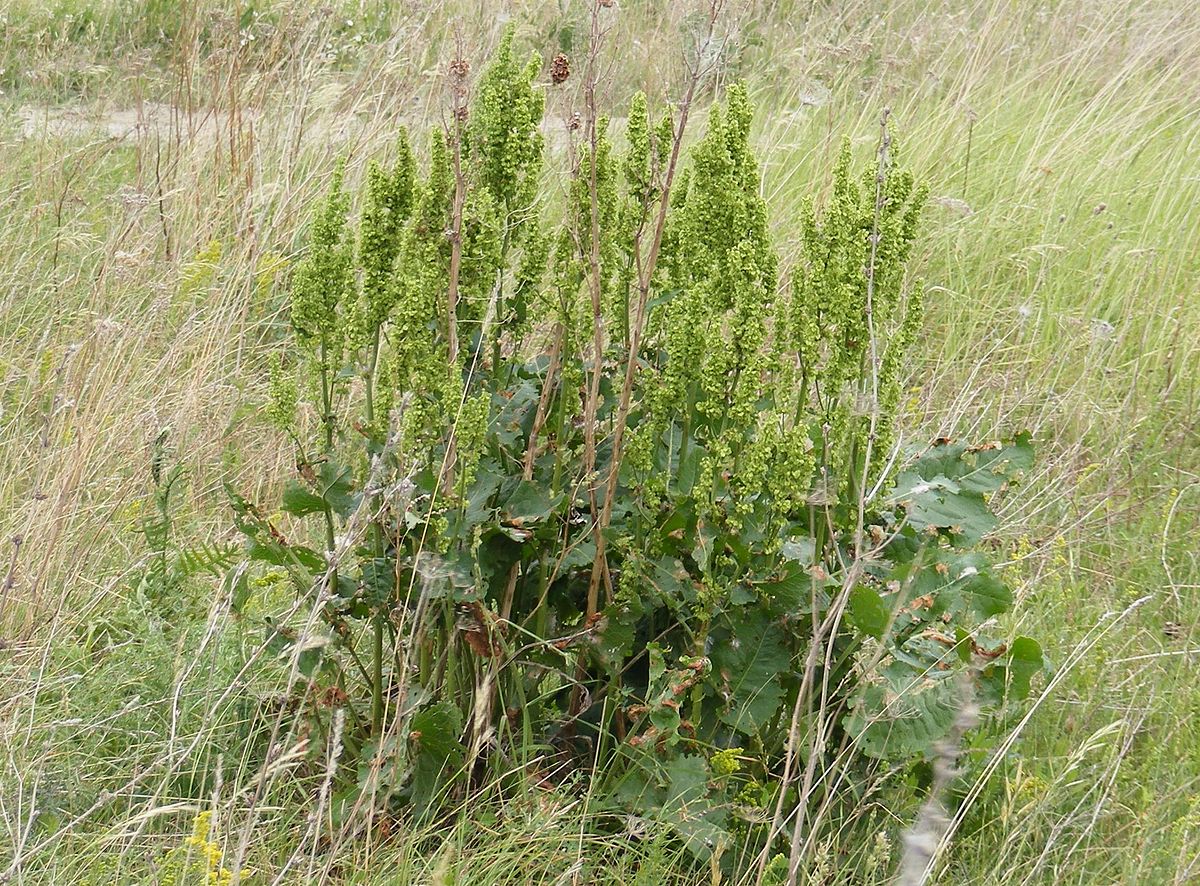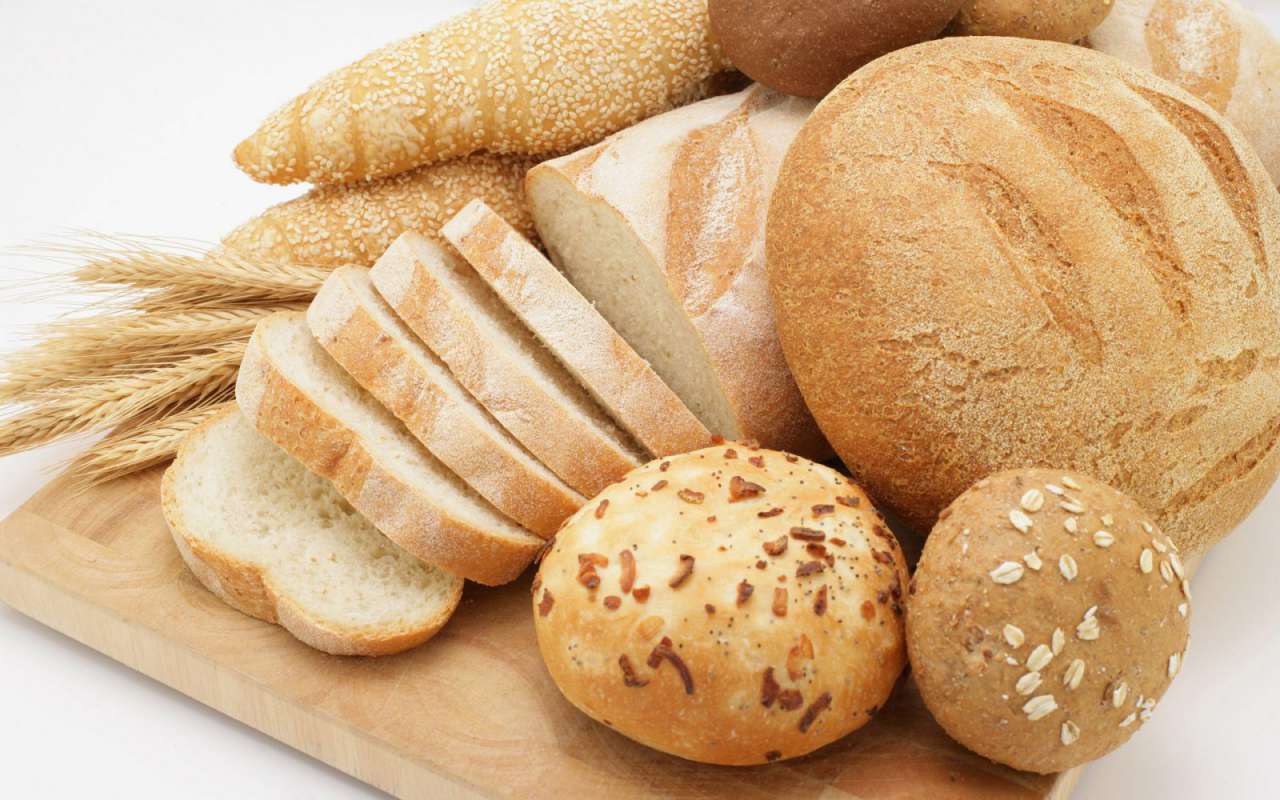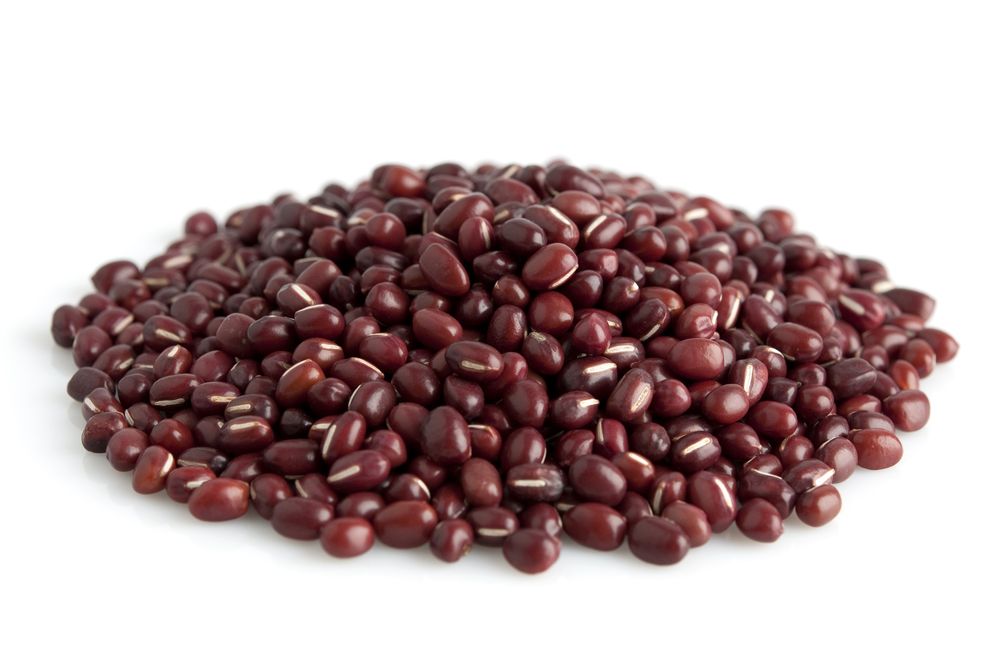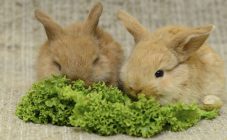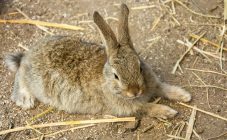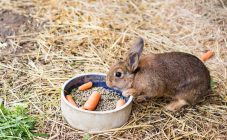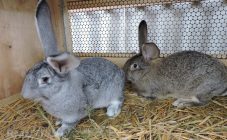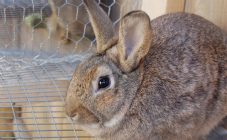Content:
Rabbits are not very demanding animals. Their intestines are long, the gastric muscles are underdeveloped. For this reason, rabbits have an excellent appetite and are constantly chewing or gnawing on something. Each new portion of food, entering the stomach, seems to push the previous one. In order for food not to stagnate in the esophagus, rabbits must be constantly provided with the required amount of food, the digestion process in fluffy pets must be continuous.
Therefore, the erroneous impression is created that rabbits are omnivorous, but it is also dangerous to overfeed them. You need to give food to rabbits little by little, but often. Not all foods are good for them. Moreover, some types of food can cause disease and even death. Therefore, before you start these gentle and affectionate animals, you need to learn how to properly organize their nutrition, study the list of healthy and harmful foods. What should rabbits not eat?
What is contraindicated to feed
What should not be fed to rabbits? In order to create a menu for feeding rabbits, it is very important to know what breed it is. Pet food for decorative pets is different from food for meat rabbits. All rabbit food products can be conditionally divided into useful, conditionally allowed and dangerous or harmful.
Dangerous plants
To know exactly what you can feed rabbits and what you can't feed at all, you need to have good knowledge of botany and choose the right vegetable bait for animals. For healthy growth and development, pets must consume a sufficient amount of vitamins that are found in green food.
But not all herbs in summer, both from meadows and from the garden, can be given to fluffs. It is strictly forbidden to feed fresh herbs because they can cause diarrhea and bloating in rabbits. It must be dried in the shade in a draft. If the grass was harvested in dry hot weather, then you can do without such measures.
It is known that rabbits love to chew on branches - this strengthens their teeth. You need to choose them carefully, knowing that wolf bast and elderberry, apricots and bird cherry are dangerous for rabbits. Some plants are simply poisonous, which means they are very dangerous to the health and even the life of these animals. Although many of them may be listed as medicinal herbs for humans, they are prohibited as green food for furry pets.
Even experienced farmers do not always know about some of them, not like novice rabbit breeders. What should not be given to rabbits, what herbs are not applicable as green feeding? Melissa, horse sorrel, buttercup, nightshade, quinoa, euphorbia, dope, sleep-grass, poppy, celandine, hemlock - this is an incomplete list of plants dangerous for rabbits. Even a small dose fed to animals, at least one of them, can cause diarrhea, shortness of breath, convulsions, or even death. It's easier to remember wholesome rabbit herbs.
Vegetables and fruits
Rabbits are happy to eat carrots and cabbage, they love cucumbers. But not all vegetables rabbit stomach and intestines are able to digest normally.
Potatoes do not bring much benefit to rabbits; eating them raw will provoke diarrhea and gas in the intestines.
Beets for rabbits are very useful, but not a dining room, burgundy, but fodder and sugar beets.
Vegetables such as tomatoes, cucumbers, bell peppers, eggplants, and red cabbage should not be included in the rabbits' diet as a permanent food. Frequent use of these products leads to flatulence and intestinal disruption.
Can green onions and garlic be given to rabbits as a feed additive? You can not feed not only the green mass, but also the bulbs, as well as any spicy foods: hot peppers, radishes. They irritate the mucous membrane of the eyes, as well as the internal organs of the digestive system.
Bread and pastries
Baked goods for rabbits, if kept in cages, will not do much good. If you can occasionally treat an animal with a piece of bread, then sweets and delicacies in the form of cookies, crackers, cakes will only harm the pets. Colorants, yeast, flavoring agents, sugar can lead to obesity. This is especially dangerous for female rabbits preparing for lambing.
Dairy
It is mistakenly believed that if the rabbits are fed with breast milk, then they can be fed with dairy products. Of course, rabbits need protein, but not animal, but vegetable, contained in dry peas and barley.
Cereals and legumes
The use of cereals in the diet as a staple product is also a controversial issue. Some grains can cause increased mucus production, others may be too hard, and others may be low in fiber. As a result, foods are poorly digested or disrupt the stomach. Therefore, crops such as millet, rice, millet, rye should not be fed to animals.
From legumes, such as black and red beans, green peas will not benefit. You can not use them either raw or boiled (porridge or puree).
Another type of product is compound feed; rabbits are very fond of. You cannot feed them with combined feed for cattle (they contain a lot of salts) and birds containing shell rock and pebbles. If they are useful for birds, then rabbit tender stomachs can hurt.
Conditionally approved feed
With so many prohibitions, there are foods that can be given to rabbits in moderation. Cucumbers lead to bloating in rabbit bellies, but when used in portions as a treat, they are allowed.
Feeding with dried fruits (apples and pears) without cores from the store is acceptable. They are treated with sulfur for long-term storage. They will not harm the animals, but neither will they be useful. But they can be used as encouragement. Conditionally permitted foods include berries and watermelon, but in very limited quantities.
Rabbits of different breeds, from decorative babies to giants, require an individual approach in the selection of food. The main thing to pay attention to is the state of food and drink. Food (such as vegetable or fruit baits) should not be spoiled. Grain crops must be crushed for easy assimilation of feed by rabbit stomachs. The water needs to be changed frequently, without bringing it to a greenish tint.
If rabbits are kept in the house, make sure that they do not jump out of the cage and do not pick up onion husks or other unwanted product from the floor. Provided that all requirements for feeding pets are met, healthy offspring of fluffy animals can be raised. With excellent care and feeding of rabbits, you can pamper the family with tender rabbit meat.
